Johnnie Walker leads the sustainability charge
Nitesh Chhapru, VP - marketing and business innovation at Diageo India talks about taxation policies, branding challenges, trends, and discusses the soon-to-be-launched paper packaging for Johnnie Walker products
16 Jan 2021 | By WhatPackaging? Team
Diageo was in the news in 2020 for announcing a shift in its packaging; the company was about to launch the world's first-ever 100% plastic-free, paper-based spirits bottle for its Johnnie Walker brand. In a chat with Nitesh Chhapru, VP - marketing and business innovation, Diageo India, he reveals how the brand plans to unveil this packaging innovation in India. He also speaks about challenges the category faces – heavy taxation and limited brand communication, for instance – along with plans for 2021.
Excerpts:
You've been with Diageo for almost 15 years. What are the changes that you are seeing within the alcohol industry in India?
Some things that have remained the same and some have changed quite a bit in the last 15-odd years.
What remains the same is that it is still a very heavily-taxed industry. There are constraints around building brands too.
What has kind of remarkably changed is that the level at which the category is starting to get accepted in society. Broad India trends are impacting this industry, too. India is affluent, young, inclusive and connected, and that has had implications on the category as well.
What has kind of remarkably changed is that the level at which the category is starting to get accepted in society. Broad India trends are impacting this industry, too. India is affluent, young, inclusive and connected, and that has had implications on the category as well.
Alcohol consumption is all about socialising and connections, and we have gotten more connected as a country given its increasing digital penetration. The level of affluence and premiumisation surprises me. People want better products.
The rate at which legal purchase age plus (LPA+) consumers are coming into the category is also increasing. It tells me that the category is being normalised as a choice. The particular relevance of the category is with food – as a country, we didn’t drink with meals but it’s starting to show up. Further, in the top eight cities, we are seeing more inclusive drinking too, with men and women drinking together.
On retail, there’s an interesting transformation – all retail outlets are now offering modern retail experiences. There’s a big transition of shopping behaviour with them showing up in the heart of the city, in the most central shopping districts.
Another good thing is eCommerce, which began due to the pandemic and led to legalised home delivery.
Some trends already existed but the pandemic has fuelled them. Drinking at home with close friends and family is a massive trend we are seeing. Then there’s weekday socialising and spontaneous meets. This has also been fuelled by the pandemic.
Then there’s also ‘Atmanirbhar Bharat’ leading to a ‘Made in India’ pride. Other categories saw it earlier than the alco-beverage category did, but we are starting to interestingly see it come to life. Today, you have various categories having local 'Made in India' plays that are really interesting.
There’s also a whole play of ‘relatively better for me’ or a conscious consumption pattern. And there’s also the ‘social consciousness’ or ‘ethical consciousness’ movement going on.
How did the company look to stay relevant during Covid when stores and bars were shut?
What has been interesting in 2020 is that we never managed dynamism at this rate. The laws, rules and regulations were announced virtually every week, starting from the last week of March. Personally and professionally, people had questions about what they could do or not during this time. The only way to manage this is through active consumer listening and relying on real-time data. We were tuned in and observed how consumption started to shift at home.
These moments didn’t have loud music playing; they were more like ‘unwind moments with friends and family’. We called them ‘familiar moments’. The ‘lively’ get-together was out.
It became important for us to appropriate this shift, resulting in a shift in our brand marketing work and content. We looked at cultural associations and innovations both in the product space as well as in the retail space. For instance, the selling began home delivery and eCommerce, so we began to leverage these channels, too.
The biggest issue that has occurred due to the work from home culture is that lines have blurred. All of us are working far more from home versus the concrete lines that we used to have. We would earlier wrap up office work and head home. Based on this, for one of our brands – Gordon’s London Dry Gin – we created a campaign called ‘Splendid Sunsets’ through a ‘#Its5PmShallWe’ and cheekily invited people to switch off as soon as it was 5 pm. We used real-time data to get people to unwind.
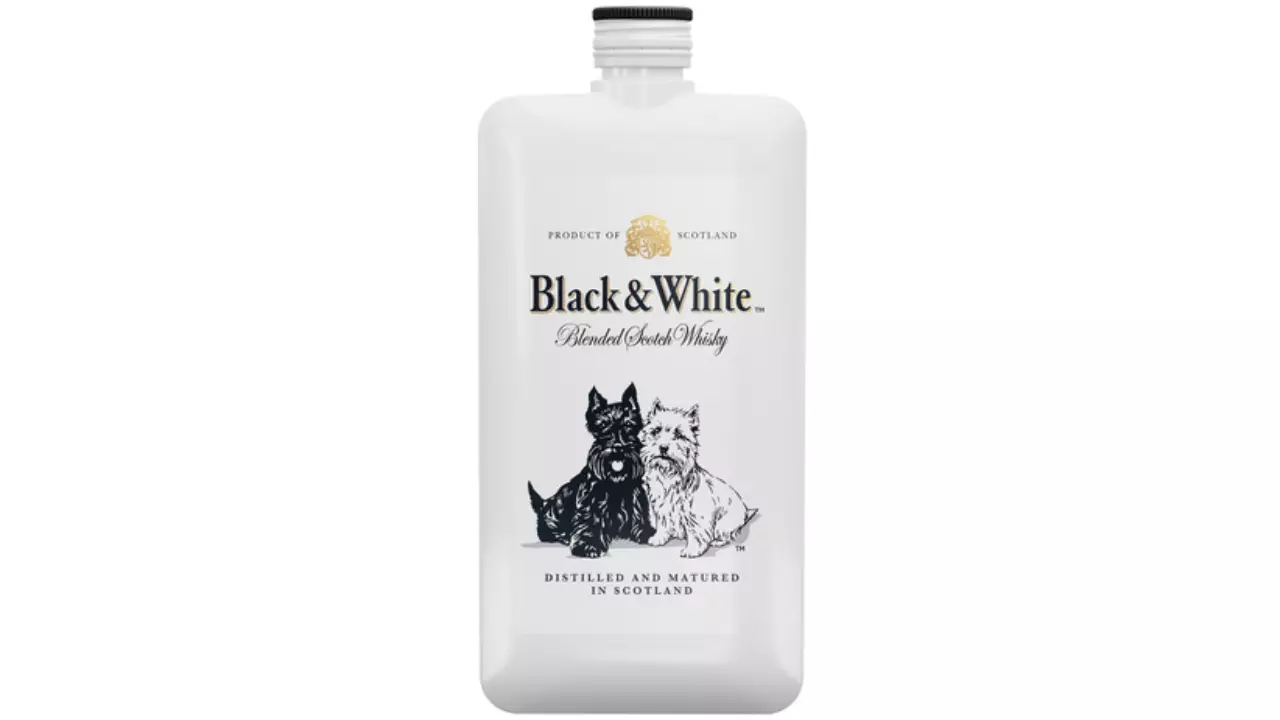
Coming to the challenges that the industry faces, you briefly touched upon it by calling out heavy taxation. What are the other challenges?
It's a really expensive category. To put it in perspective, the 180 ml bottle of McDowell's costs about Rs 180 on average in Maharashtra. That is a rupee per ml! A tetra pack of juice is at about Rs 90 for a litre. Alcohol is already a really expensive category because 70% of the money that the consumer ends up paying goes into state excise duties or taxes.
Then there are regulations around building brands through communications. We follow strict internal self-regulation and responsible marketing guidelines. This with this self-regulation helps us build brands; our internal guidelines force us to think really creatively in terms of how we build brands.
Does Diageo have regular discussions with the Indian government to fight heavy taxation?
Yes, there are constant conversations. Even the state excise authorities realise that there is a point to which you can push taxation. What matters to them is tax collections and data is transparent with them. Till what point can taxation increase, and after what point will actually volumes start getting impacted.
A buzz word – brand purpose – is going around in marketing. A lot of experts have been stating that brands that are looking to do good will be the ones that will succeed in the future. What's Diageo doing with regards to this in India?
What becomes important is brands with purpose and action. We have done some things in that regard. Johnnie Walker is leading the charge on sustainability for the category, globally. Last year happened to be the brand’s 200th year and it announced a bold statement: by 2021, we will be launching our first 100% plastic-free, paper-based packaging. This is a first for the premium spirits category.
The company has also launched ‘Spirit of Progress’ 2030, our 10-year action plan. Called Society 2030, we committed to building a more inclusive and sustainable world.
McDowell's operates in the space of celebrating the bonds of friendship. At a time when friends can't meet each other face-to-face, we ran this mega campaign of connecting virtually in a big way. That’s an example of walking the talk rather than just playing your purpose loud.
Are we going to see the paper packaging products in India this year?
It's going to be a global launch. It has to be done the right way here. We are trying to sell a beverage in 100% paper packaging and it needs due diligence, guidelines and regulations and quality checks.
Another point that you also briefly touched upon earlier was the ‘Make in India’ movement. We are seeing a lot of local beer/cider brands that are coming up. Do you think that they are the competition?
There are a lot of ‘Made in India brands, and it's only going to grow. It's good for the category overall, it's good for the industry overall. I would say it's a very positive movement. I don't see it as a challenge at all.
After a dip in the quarter right after the lockdown was announced, have the last couple of quarters seen sales numbers close to those of 2019?
The industry was virtually shut down in April to June 2020. That was an absolute sales stop. Gradually things have opened up and things are normalising. We have partnered closely with pubs and bars through a mega global program called 'raising the bar'. We are supporting pubs and bars to open up safely with a commitment of Rs 75 crore. We are committed to backing the community.
Is the Indian packaging industry doing enough R&D in terms of form and structure and process?
Increasing social and ethical consciousness, or an increased need for sustainability, and 'less is more', is going to become more and more important. As responsible marketers of brands, it's the onus of the marketers to actually push the boundaries in this space, and I see that space being very active and gotten amplified through the pandemic. I think that everybody's gotten to a place where they're realising what part they are playing in this world, you know, to make it a much more cleaner, better, simpler world. And I think in that space packaging plays a very important role.
This is non-cash support including physical equipment – hygiene kits, high-quality permanent sanitisers, personal protection equipment, nursing gloves and more.
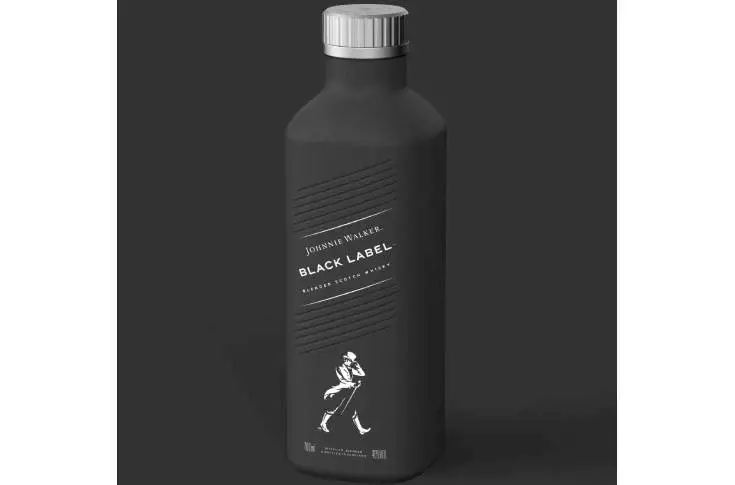
The company was about to launch the world's first-ever 100% plastic-free spirits bottle for its Johnnie Walker brand
Are the brand challenges and heavy taxation hampering innovation in the category?
Contrary to that, innovation is usually led through consumer insight. There are highly constrained categories that have very high levels of innovation. We run a range of brands within our scotch portfolio: Black and White, VAT 69, Johnnie Walker and J&B. When I look at the Scotch whisky penetration in the country, it's in very low single digits. This is amongst the LPA+ urban male audience. Compare this to Indian whisky that's at high double digits.
Therefore, I think the insight there is that the occasions are restricted to older, more affluent consumers drinking either at home or during a special occasion from a big bottle (750 ml) bottle. LPA+ millennials have a different insight – they are more about spontaneity. Hence, we have an innovative, premium hip flask called Scotch Hipster. It’s 180 ml, fits the pocket and has flashy packaging. It’s also priced low and fits the budget of an LPA+ millennial. It caters to their spontaneous socialising needs. Innovations are always possible as long as they are anchored into consumer trends and needs.
How has the response been to this compared to the regular 180 ml quarters in the market?
It’s growing far ahead of our expectations essentially. In a way, it is delivering on the objective that we've created before, which was to get wider audiences and get a wider set of occasions into the fold.
Typically, when people are watching an IPL game, people don’t really consider drinking a scotch whisky. It’s seen as more of a beer occasion. This format has got a set of people to consider Scotch whisky during such occasions because of the format and our marketing around it.
What are your brand plans for 2021?
We are cautiously optimistic for a resurgence. We just resumed experiential marketing in the trade and are glad consumers want to step out again. We are also glad to see our brand starting to get activated. I think consumers will continue to seek premium products at accessible prices. And that's going to drive growth over the next year.
What about the eCommerce space, do you expect that to boom in 2021?
We are watching this space really closely to figure out how it opens across states. That’s also going to be a critical part of the strategy during the year.
Source: Campaign India


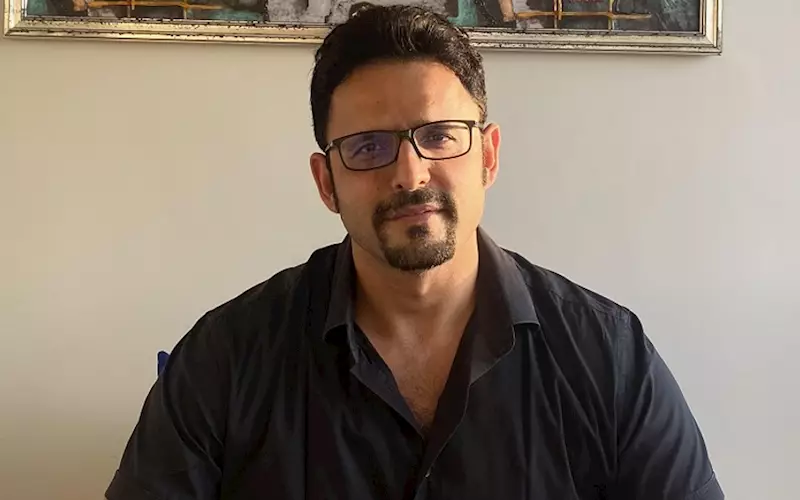
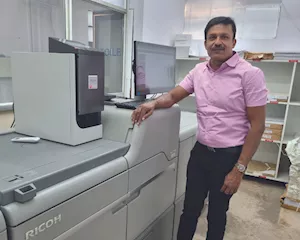
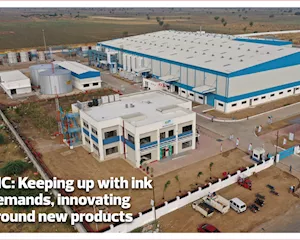


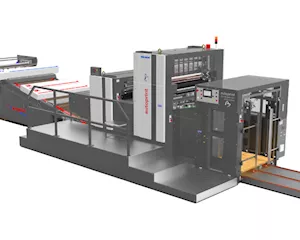






 See All
See All